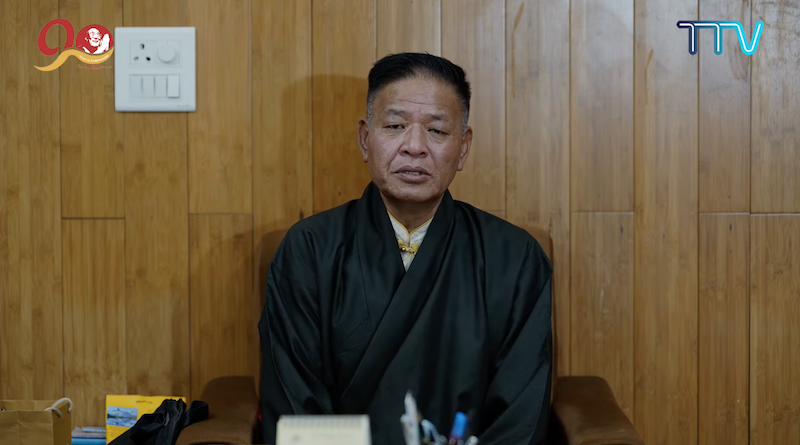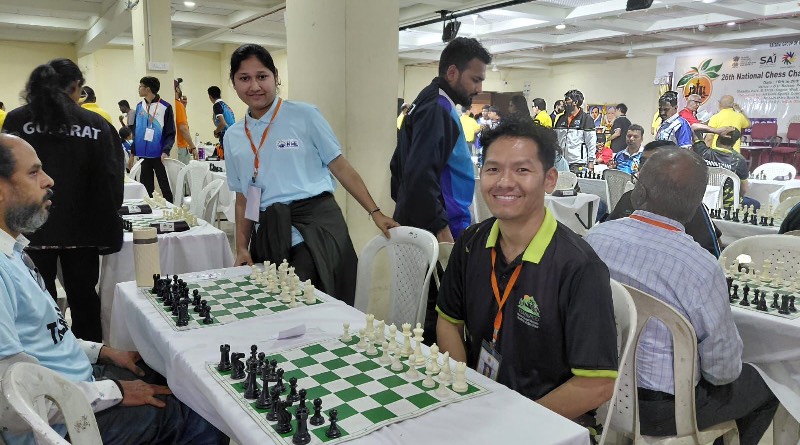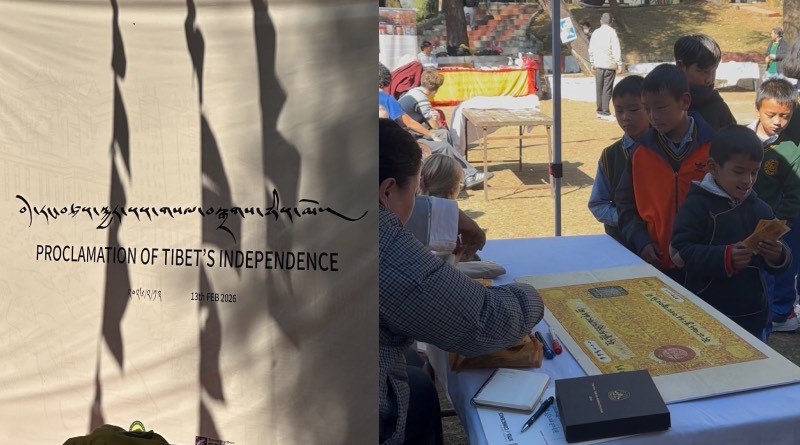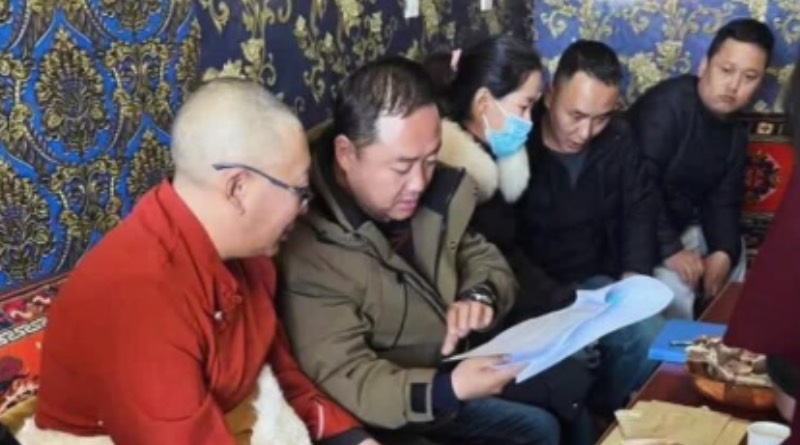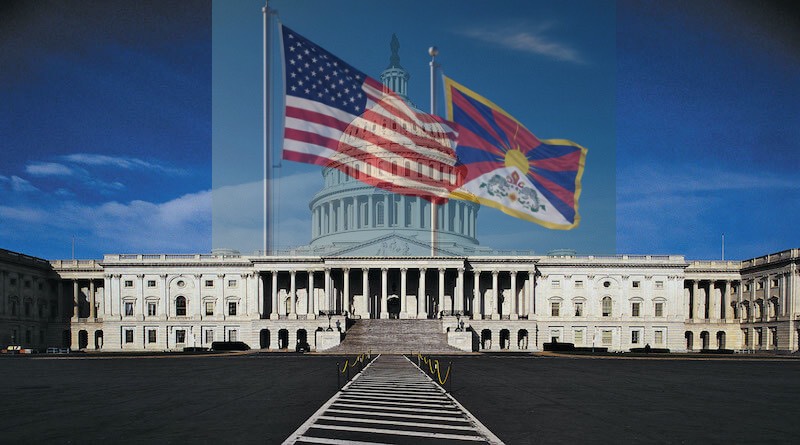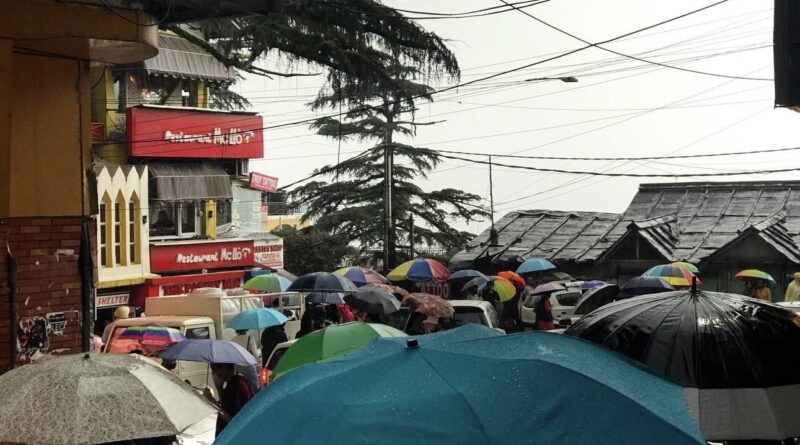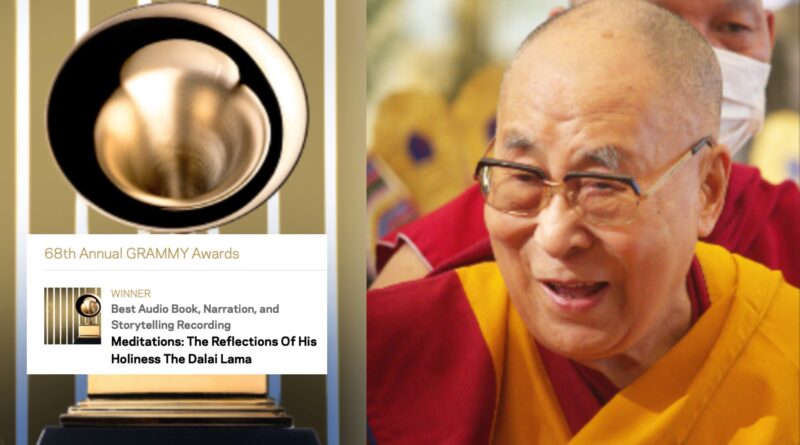Re-elected Sikyong Penpa Tsering Pledges Unity and Strategic Advocacy
By Tenzin Chokyi
DHARAMSALA, 26 Feb: Eleven days after the Election Commission (EC) declared him elected on 13 February, Central Tibetan Administration’s (CTA) Sikyong (President) Penpa Tsering released a post-election address on Tuesday via CTA-run broadcaster Tibet TV, acknowledging his first round victory with over 60 percent of the vote, crossing the threshold required to avoid a final round.
Read more
